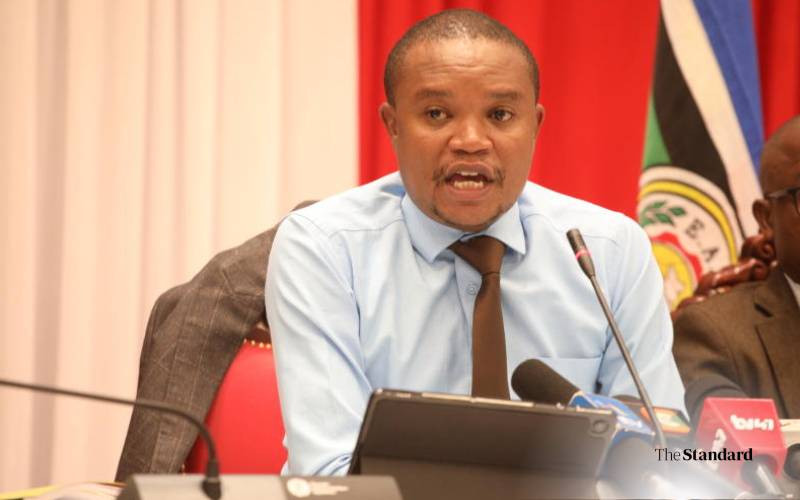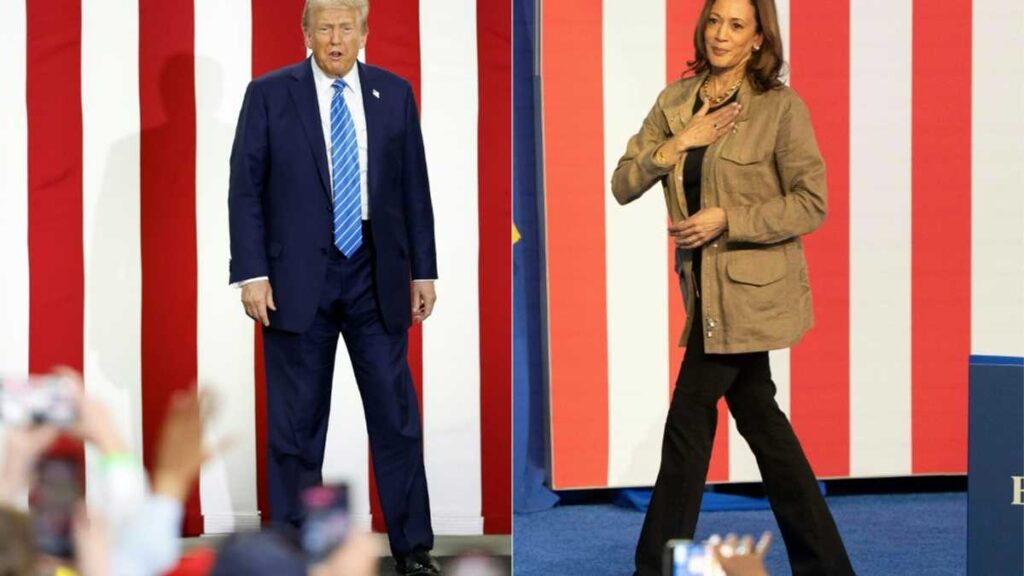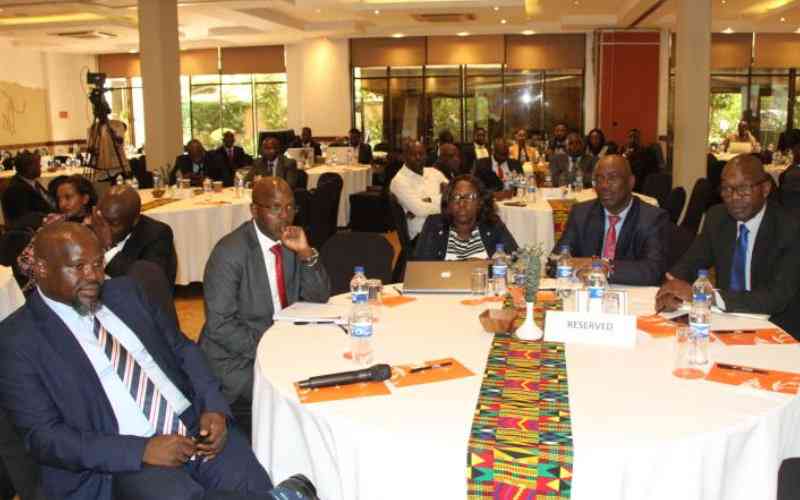The National Assembly’s Finance and Planning Committee has proposed several amendments to the Finance Bill 2025, which, among other things, deny the Kenya Revenue Authority (KRA) sweeping powers to access personal data from third parties without consent.
In a report tabled before Parliament, the Molo MP Kimani Kuria-led Committee expressed legal and Constitutional concerns, noting that the proposal was unnecessary.
If approved, the proposal by the taxman would have allowed KRA to compel institutions such as banks, digital platforms, and mobile service providers to disclose sensitive personal and commercial data, including financial records and trade secrets, without notifying the taxpayer.
“The Committee observed that the proposed provision does not meet the threshold set out under Article 31(c) and (d) of the Constitution of Kenya, which guarantees the right to privacy,” the report reads in part.
The Committee also explained that already, Kenya’s existing legal framework- specifically the Data Protection Act- already prescribes clear conditions under which exemptions to data protection obligations may be permitted.
“We cannot legislate in a way that undermines rights enshrined in our Constitution, particularly where personal privacy and commercial confidentiality are at stake. KRA already has legal channels to access information. The proposal amounted to an overreach,” noted Kuria.
The report further cited Section 60 of the Tax Procedures Act and highlighted that KRA’s Commissioner or an authorised officer can already access necessary data for tax purposes. This, premised on the fact that judicial oversight and legal boundaries must guide any expansion of tax enforcement powers, aligning Kenya with global standards in data privacy and governance.
“With these safeguards already in place, introducing a provision that bypasses judicial scrutiny would not only be redundant but also a violation of basic rights,” the report highlighted.
In its initial proposal, KRA had sought to eliminate legal barriers that reportedly prevented KRA from directly linking its systems with those of businesses. The taxman had fashioned the access to private data and trade secrets as the magic bullet that would help address the issue of revenue leaks.
This, however, attracted opposition from various quarters. In a memorandum to Parliament, the Law Society of Kenya (LSK), audit firms KPMG, Ernst & Young, and CDH. They argued that the law was unnecessary and that the taxman already has access to data through judicial procedures.
KPMG highlighted that allowing data access even when a tax dispute was under appeal constituted a violation of the principle of natural justice.
Further, the Architectural Association of Kenya (AAK) was concerned with professional confidentiality and intellectual property, warning that architects and engineers would be forced to surrender proprietary designs, which would in turn compromise client trust and industry standards.
The Committee further called for a rejection of the proposal by Treasury to reclassify certain supplies from zero-rated to exempt status. They include locally assembled and manufactured mobile phones, motorcycles under tariff heading 8711.60.00, electric motorcycles, solar and lithium-ion batteries, electric buses, inputs or raw materials, whether locally purchased or imported, for the manufacture of animal feeds and Bioeethanol Vpour (BEV) stoves classified under HS code 12.00
Stay informed. Subscribe to our newsletter
The committee noted that these supplies were only recently moved to zero-rated under the Finance Act 2023, as part of efforts to support local industries and reduce the cost of essential goods.
“Therefore, reverting them to exempt status would undermine the objectives of reform and introduce uncertainty into the tax framework. Such a change could also increase production costs, costs likely to be passed on to consumers, ultimately discouraging investment and hindering economic growth,” added the report.
But on the flipside, the committee threw its weight behind the retention of the proposed minimum top-up tax placed on multi-national companies. The House team noted that the measure is intended to align with a global tax initiative already adopted by over 60 countries in which major multinational corporations operate.
“The absence of a similar provision in Kenya could undermine the effective implementation of this global framework and may result in constituent entities based in Kenya underpaying their fair share of taxes,” read the report.
It further supported the introduction of a clause to repeal redundant provisions to ensure that all pension payments were exempt from income tax.
“The Tax Laws Amendment Act, 2024, exempted all pension payments, including lump sum withdrawals, from. However, certain sections that previously provided separate exemptions were not repealed, resulting in potential ambiguity. To address this, this proposal seeks to provide clarity by affirming that all pension payments, whether received as a lump sum or monthly, are fully exempt from income tax,” added the report.
At the same time, Kuria- Kimani led committee rejected a proposal that sought to revise the Pay- As- You Earn (PAYE) tax bands and rates in a bid to ease the burden on low and middle-income earners.
The earlier proposal had proposed expanding the tax bands to 10%, 17.5%, 25%, 27.5%, and 30%, with the Treasury Cabinet Secretary empowered to adjust the bands by up to 10% every three years to factor in inflation.
This had been billed as a step towards making the tax system fairer and aligning it with global best practices.
“This is necessary because the bands are narrow and apply high rates to relatively low-income levels, which heavily burdens low and middle-income earners,” it read in part.
The proposal further recommended raising the lowest tax band to Sh30,000, adjusting rates to 10%, 15%, 20%, 25%, and 28%, and increasing personal relief from Sh2,400 to Sh3,000 per month.
The current monthly tax bands as per the 2023 Finance Act are 10%, 15%, 25%, 30%, and 32.5%. The minimum taxable income Sh24, 000 which is charged at 10%.
Moreover, the Bill had also called for a review of statutory deductions, such as NSSF and housing levy, towards a more progressive structure to enhance disposable income and boost economic activity.
The committee, however, declined to approve the changes, citing an ongoing review by the National Treasury.
“The committee observed that the National Treasury has expressed intent to review the tax bands, hence it urges the National Treasury to fast-track this process,” stated the report.
The House was categorical that a data-driven review of the PAYE structure would ensure it is fair, equitable, and aligned with Kenya’s economic realities.
“This process should strike a balance between government revenue needs and the financial well-being of salaried individuals,” the committee added.

























